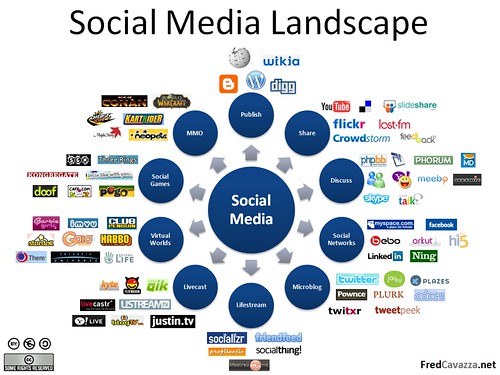With so many unemployed, qualified individuals in the nation, job searches can become overwhelming and discouraging. Unfortunately, a college degree no longer guarantees anyone a career. It may take hard work, dedication, and determination for many to find a job. Spending time searching and applying for jobs can be very beneficial, but job searchers can do more! Getting recruiters to notice you when searching for a job is a great way to open you up to even more opportunities. Follow these four steps to help recruiters notice you:
- Put your resume online every place that it is relevant. For instance, Indeed or Careerbuilder are excellent sites to showcase your resume in a general way. Many recruiters are using these types of sites to find resumes. The more your resume is out there, the more likely a recruiter will see it.
- Make your resume short, while highlighting your most important and impressive skills. Recruiters may not have the time to peruse through a ten page resume where the skills are hidden within each work experience. Many job seekers have several impressive skills and much experience. However, recruiters need to look at resumes where those skills are easily visible to them. Those resumes will stand out.
- Be responsive to a recruiter if you do hear from one even if you do not think you will be interested in that specific opening. A responsive candidate will encourage recruiters to keep them in mind for future opportunities.
- Use LinkedIn and other social media sites. Recruiters are putting open jobs on these sites. Then, you can reach out to them if you see something that interests you. Also, a lot of recruiters use LinkedIn to search for resumes. Use it to your advantage!
These four simple steps allow your resume to be easily accessed by recruiters and easily read by recruiters. Furthermore, maintaining a relationship with recruiters may lead to future opportunities.


